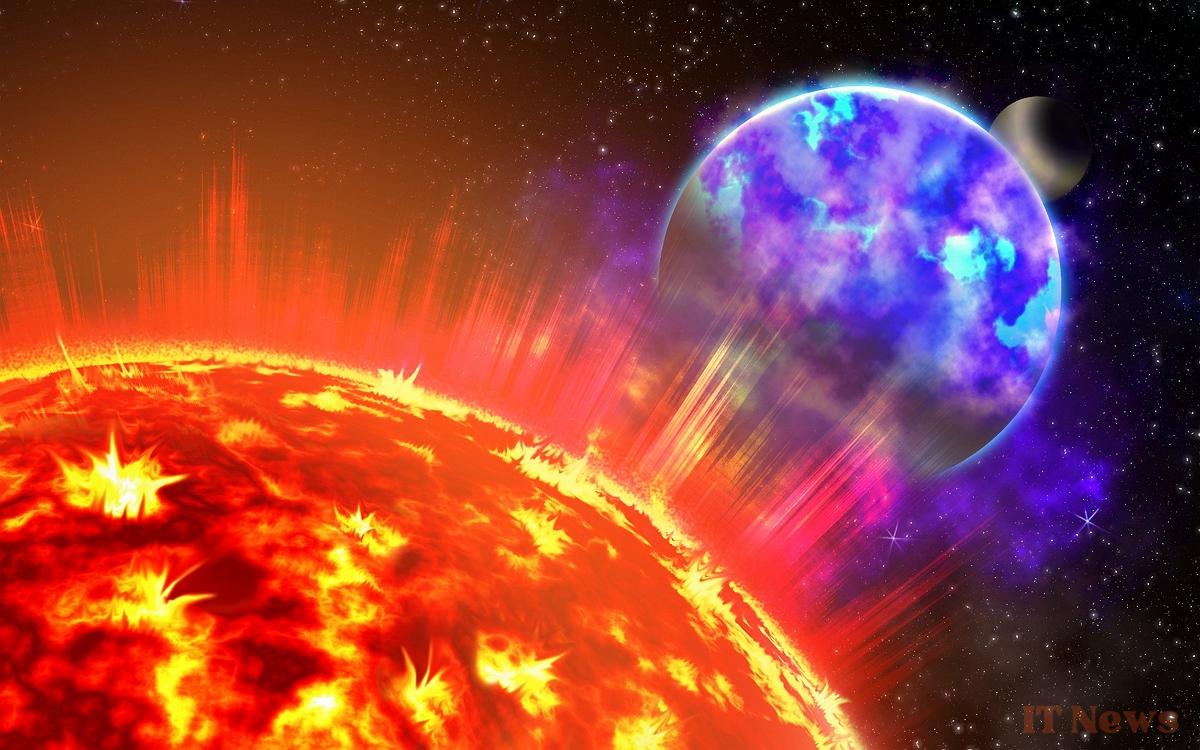Scientists have used advanced computing to predict the very distant future of our planet. And the results are as fascinating as they are disturbing. Because a countdown has already begun.
For decades, researchers have been scrutinizing signs of climate change and questioning the longevity of life on Earth. Between human activity and the natural evolution of the Sun, the planet is under increasing pressure. But beyond the near future, another question arises: how long will our little blue ball be able to remain habitable in the very long term? It's a subject that combines astrophysics, climatology, and computer modeling.
Researchers from NASA and Toho University in Japan used supercomputers to model the evolution of our planet over billions of years. Their simulation confirms that the Sun will be ultimately responsible for the disappearance of all life forms. By becoming hotter and hotter, it will gradually make Earthly conditions incompatible with any known biology. According to this machine's calculations, life will disappear completely around the year 1,000,002,021, a truly distant but nevertheless inevitable date.
The Sun will cause temperatures to rise continuously until our planet becomes completely uninhabitable
The scenario does not speak of a sudden extinction, but of a gradual collapse. Over time, the Sun will become brighter, triggering profound upheavals. Atmospheric oxygen will drop, temperatures will rise sharply, and the air will become unbreathable. Even extreme microorganisms will not be able to survive. Warning signs are already visible, such as increased solar activity: flares, magnetic storms, and more intense geomagnetic storms are already disrupting the magnetosphere and altering the composition of the Earth's atmosphere.
At the same time, climate change, which is linked to human activities, is worsening the situation in the short term. Accelerated melting of ice, rising oceans, and disruption of ecosystems show that the threats are multiple. Some scientists are considering artificial habitats on Earth to extend human life. Others are banking on space colonization, with ambitious projects such as the missions to Mars developed by NASA and SpaceX. In the very long term, leaving our planet could become more of a necessity than a dream.




0 Comments